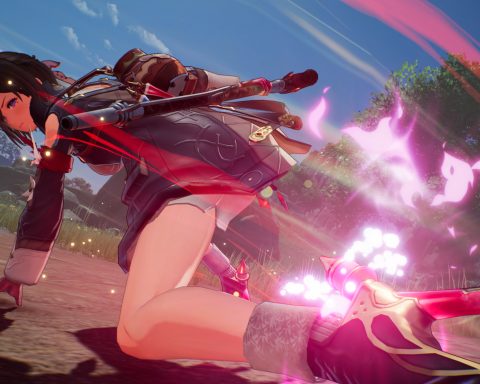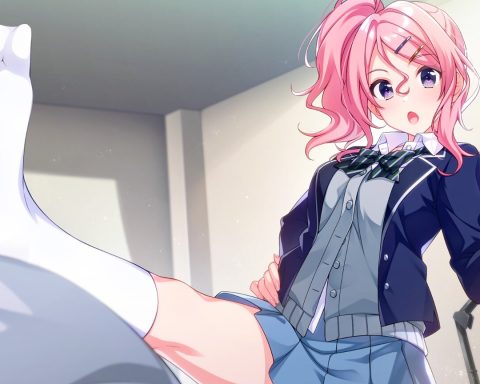Interview by Lindsay M.
Happy Canada Day to all our Canadian readers, and all those Canadian at heart. To celebrate, we’ve got a great interview with a developer from Canada’s capital: Paige Marincak, the creator and developer of Gataela, a four-part RPG with Victorian Steampunk flare.
Marincak is a University of Ottawa graduate (much like myself – hello to all my fellow U of O alumni out there!), with a degree in Computer Science. She is the sole developer for Gataela — she writes the scripts and does all the programming while hiring others to assist with in-game portraits, logos, music, effects, maps, and translation. In 2014 the game was successfully funded on KickStarter, earning a few hundred dollars more than the $5,000 target.
Related reading: Read our preview of Gataela here.
I was lucky enough to learn about Gataela at a local Game Art show this spring — how I love living in a world where that is a thing! — and briefly met Marincak. I was drawn to the game for its graphics and general style, and after playing long enough for a short line to form behind me I knew I needed to learn more. After playing more of the game in my own home, I knew Marincak was onto something. Gataela is absolutely engrossing, despite still being in its beta phase. Marincak was kind enough to take the time to speak with us about the development process, her inspiration, the game’s debate system, and loads more.
To read on, log in to your DDNet Premium account:











